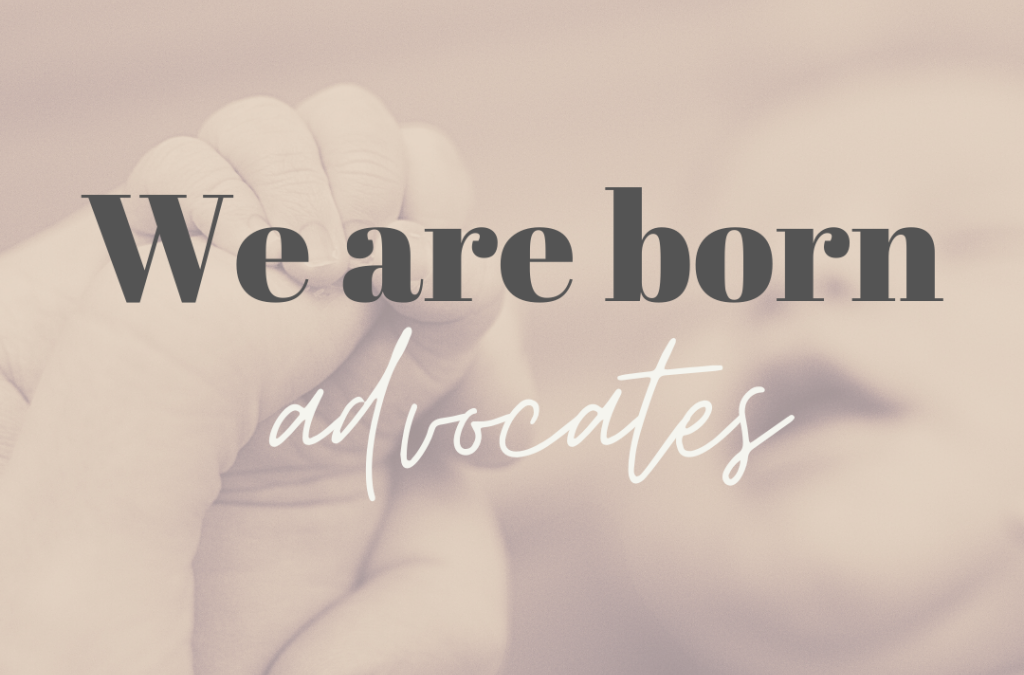
We are born advocates. From the first time we cry, we are advocating for ourselves. From that point on we learn how to ask for help to have our needs met. Sometimes when children’s needs aren’t met, an emotional wall is built around asking for help or advocating for one’s needs. This primal instinct becomes complicated. As foster parents, how can we intentionally instill advocacy in our foster children? How can our homes be a safe place for self-expression?

I have seen this from two angles. As a teenager in foster care, I was shocked that my foster parents wanted to hear my opinion, and made changes to accommodate my needs or even my preferences. They asked me what I wanted to eat, what I wanted to be called, how I wanted my hair and clothes to look, if I was happy… I was used to the you get what you get and you don’t throw a fit mentality and reminded that children were to be seen and not heard when I got too outspoken. Even though I was treated with this respect by my foster parents, it was still hard (honestly, is still hard) for me to ask for help unless I had exhausted every option of solving my problems independently. Why is this so hardwired in my brain?
When my husband and I were kinship parents to a family member in his teens, I realized that most of the conflict we experienced resulted from misguided efforts to express his needs. When he didn’t want to ask for help or felt his needs would be misunderstood, his first reaction was to fight. I recognized this deep, burning sense of frustration and longing for control of one’s life manifesting itself into anger. It was a feeling I knew well. But as his foster parent I didn’t have all the tools I needed to balance my empathy for his feelings and my duty to provide safety, structure, and boundaries.
Here’s what I’ve learned from my foster parents and from my former foster son:
- Treat others how you would want to be treated. Listen first, try to understand, then respond.
- Empower. This can be as simple as allowing youth to pick out items for the grocery list, or suggest an improvement to the home or a change to the rules. The more often you empower the more open youth will feel to expressing their more significant wants and needs to you.
- Try to remember how you felt at their age in a similar (although probably not the same) situation. Drawing a parallel can help you understand where they are coming from. We can all connect with the angst of wanting to be treated like an adult.
- Think of specific ways you can let youth practice independence with a safety net. Can you let them be in charge of making the plan? Can you transition from leader to supporter?
- Release control (when you can). Letting a teen take control, in an appropriate situation, shows that you trust them and that you believe in them.

Remember speaking up for yourself is a lifelong skill. You can build confidence and empower.
If you know a teen interested exploring advocacy, connect with Fostering Great Ideas’ Speak Up Program by emailing [email protected]



